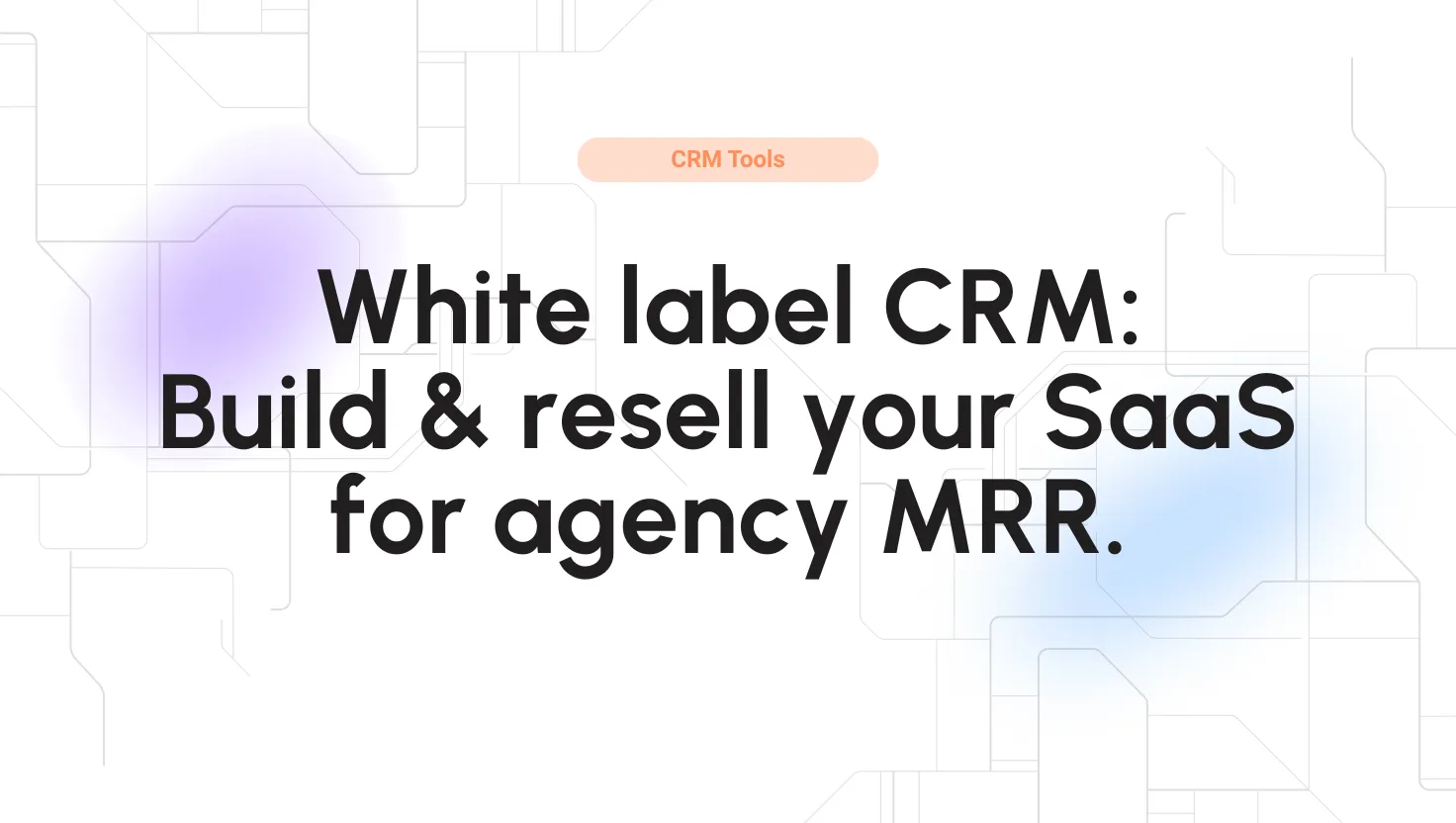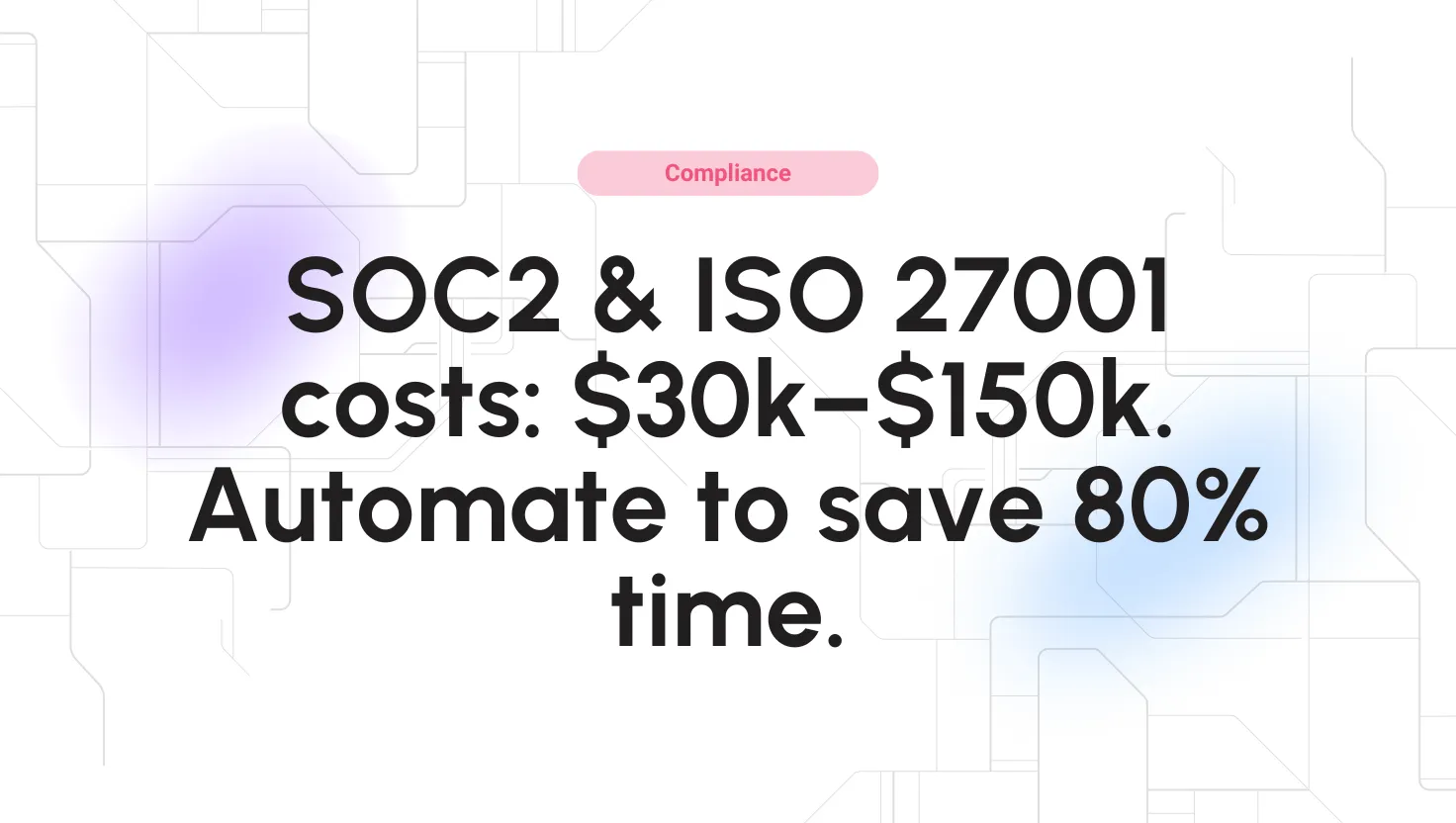
BILL Alternatives for 2026
Save 40% on your SaaS stack with expert guidance
Free Consultation
BILL vs. Similar Products
Select up to 3 Software, to enable Comparison
Compare Selected SoftwareEditorial Review: BILL Alternatives Deep Dive
BILL is a well-established finance and accounting software that offers a wide range of features for managing payments and subscriptions. However, if you are looking for different functionalities and more diversity, it is recommended that you explore other BILL alternatives.
While almost all accounting software could serve as an alternative to AP/AR software, their complexity and efficiency can be questionable. Hence, it is advisable to use a service like BILL, particularly if you handle numerous payments involving checks and international transactions.
Alternatives to BILL:
- SAP Concur
- Stampli
- Spendesk
- Invoiced
- Spendesk
- Quickbooks Online
- Plooto
- Dwolla
A myriad of alternatives to BILL are available in the market, each offering unique features and catering to different business needs.
One of the primary considerations for businesses exploring BILL alternatives is the subscription cost. Different platforms offer varying pricing models, with some providing more cost-effective solutions than others. Additionally, the availability of diverse payment methods is a crucial factor, as it enhances the user experience and accommodates different preferences.
Stampli
- Specialization: Accounts Payable Automation
- Key Features: Real-time invoice capture, centralized communications, payment automation, seamless vendor onboarding, and AP data transparency.
- Advantages: Quick launch, pre-built integration with various ERPs, scalable, and user-friendly.
- Pricing: Month-to-month pricing with no annual contract.
- Suitability: Ideal for companies of all sizes looking to make their procure-to-pay processes more efficient.
Invoiced
- Specialization: Accounts Receivable Automation
- Key Features: Automated customer invoicing, supports various payment methods, real-time payment reporting, and flexible integrations.
- Advantages: Puts AR processes on autopilot, scalable, supports international business structures, and accepts multiple currencies.
- Pricing: Charges 1% of invoices processed for Advanced A/R solution; Enterprise A/R pricing is by quote.
- Suitability: Good for SMBs needing more AR functionality and customization than BILL offers.
Spendesk
- Specialization: Business Spend Management
- Key Features: Provides budgets, sets spending limits, manages expenses in real-time, and automates payments.
- Advantages: Integrates with ERPs, is scalable, replaces multiple tools with a single solution, and offers a mobile app for real-time receipt submission.
- Pricing: Fixed fee for platform access and variable fees based on the number of transactions.
- Suitability: Useful for SMBs wanting greater control and visibility over spending.
QuickBooks Online
- Specialization: Accounting Software
- Key Features: Real-time income and expense tracking, invoice management, automated payroll processing, and multi-currency support.
- Advantages: Scalable, rich feature set, free onboarding support, and supports multi-location.
- Pricing: Ranges from $30/month to $200/month, with additional fees for Payroll options.
- Suitability: Good for growing SMBs wanting ERP capabilities without needing a full ERP solution.
Other BILL Competitors:
- SAP Concur: Enterprise AP automation and expense management.
- Melio: Free AP solution for SMBs.
- Freshbooks: Simplified accounting platform with invoice management.
- Square Invoices: Feature-rich B2B AR automation platform.
- PayPal: Online payment gateway facilitating global payments.
BILL Alternatives Review Conclusion
BILL is a comprehensive solution for small and medium-sized businesses. However, there are other alternatives like Stampli, Invoiced, Spendesk, and QuickBooks Online that offer specialized features, scalability, and flexibility to cater to the varying needs of growing businesses. Each of these alternatives has its unique advantages, making them suitable for different business structures and financial management requirements.
To sum it up, the complexity and diversity of accounts payable and accounts receivable solutions are limited. Therefore, it’s not helpful to compare their features in detail. Ultimately, what matters most is the number of integrations, particularly if it integrates with your primary accounting system, and the cost of making transfers.







